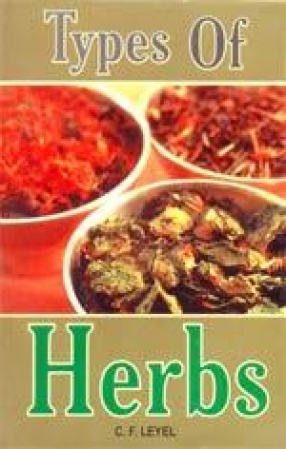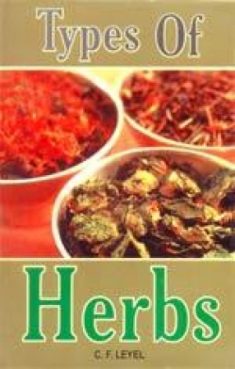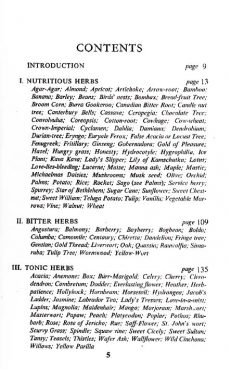Ultimately the food of every living creature depends upon the vegetables kingdom, and although all plant food isn’t her-baceous, it is remarkable that so many of the staple foods of both man and his domesticated animals are simply herbs -the grasses, wheat, barley, oats, rice, maize and the pulses, and on these depend not only bread, but milk, butter, cheese and eggs. The oil-producing olive tree has played such an important part in the history of our early civilization that the food value another order of trees, the Palms, is sometimes forgotten. Modern transport and commerce has carried the products and by-products of the tropical palm trees -coco-nuts, dates, sago, etc., all over the world, and bananas have within a generation become ubiquitous. Bananas are the fruit of a perennial herbaceous plant, musa, which is cultivated wherever it will grow because it produces more nourishment in a given space than any other crop, more even than wheat and potatoes. Chocolate is the product of a tree-the cocoa tree-Theobroma cocoa, and Kola nuts, come from another tree of the same family. Arrowroot comes from a herbs, and so does tapioca. Herbs have a very ancient reputation for restoring youth, and in the Lateran Museum in Rome there is a curious bas relief, which dates from the first period of Greek art, in which Medea is seen instructing the Daughters of Pelias how to prepare a bath of herbs in which to boil the limbs of their father in order to restore his youthful vigour. There are constant references in Greek and Roman literature to the use of herbs in rejuvenating baths and potions.
Herbs for Health
$31.35
$33.00








There are no reviews yet.